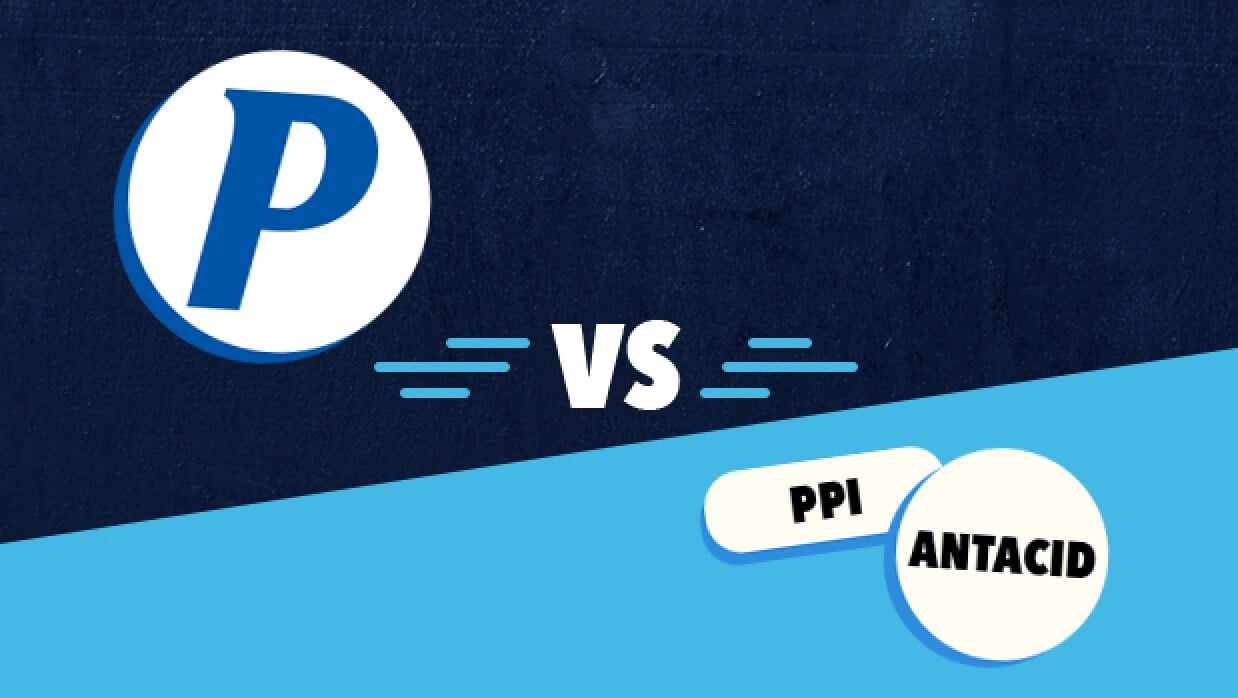Is Pepcid A Ppi

Pepcid, also known by its generic name famotidine, is a medication that reduces stomach acid production, but it belongs to a different class of drugs than proton pump inhibitors (PPIs). While both types of medications are used to treat conditions like gastroesophageal reflux disease (GERD), peptic ulcers, and Zollinger-Ellison syndrome, they work in distinct ways and have different properties.
How PPIs Work
PPIs are a class of medications that directly inhibit the proton pumps in the stomach lining. These pumps are responsible for producing gastric acid. By blocking these pumps, PPIs significantly reduce the amount of acid produced by the stomach. Examples of PPIs include omeprazole (Prilosec), lansoprazole (Prevacid), and esomeprazole (Nexium). PPIs are considered very effective for treating conditions that involve excessive stomach acid and are often prescribed for long-term use.
How Pepcid (Famotidine) Works
Pepcid, on the other hand, is an H2 receptor antagonist (also known as H2 blockers). It works by blocking histamine receptors in the stomach, which in turn reduces gastric acid secretion. Histamine is a chemical that stimulates the proton pumps to produce stomach acid. By blocking its action, famotidine reduces acid production, although not as potently as PPIs. Other examples of H2 blockers include ranitidine (Zantac) and nizatidine (Axid).
Key Differences Between Pepcid and PPIs
Mechanism of Action: The most significant difference is how they reduce stomach acid. PPIs directly block the proton pumps, while H2 blockers like Pepcid reduce acid by blocking histamine receptors.
Potency and Duration of Action: PPIs are generally more potent and have a longer duration of action compared to H2 blockers. PPIs can provide 24-hour relief with once-daily dosing, whereas H2 blockers may need to be taken more frequently.
Onset of Action: H2 blockers like Pepcid tend to have a faster onset of action compared to PPIs. They can start reducing acid within an hour, while PPIs may take a few days to reach their full effect.
Side Effects and Interactions: Both classes of medications can have side effects and interactions, but the profiles differ. For example, long-term use of PPIs has been associated with an increased risk of osteoporosis-related fractures and magnesium deficiency, among other things. H2 blockers are generally considered safe but can also have side effects and interact with other medications.
Indications: While there is some overlap in the conditions treated by PPIs and H2 blockers, PPIs are often preferred for more severe cases or for long-term management of conditions like GERD due to their potency.
In summary, while Pepcid (famotidine) and PPIs both reduce stomach acid, they belong to different drug classes with distinct mechanisms of action, potencies, and use cases. Pepcid is an H2 receptor antagonist, not a proton pump inhibitor. Choice between the two often depends on the severity of the condition, patient response, and potential side effects.



